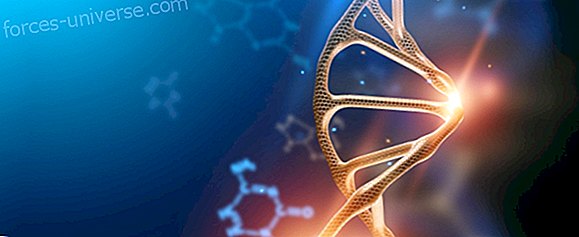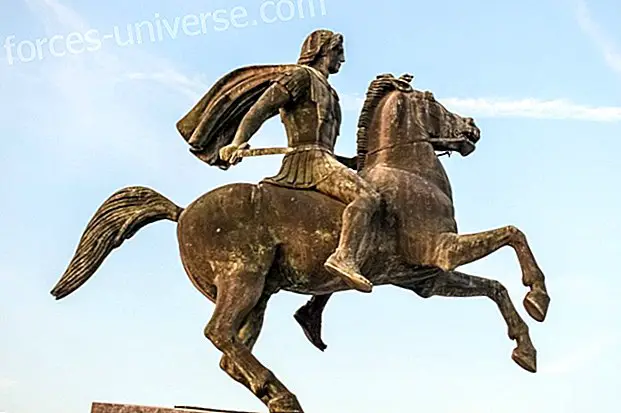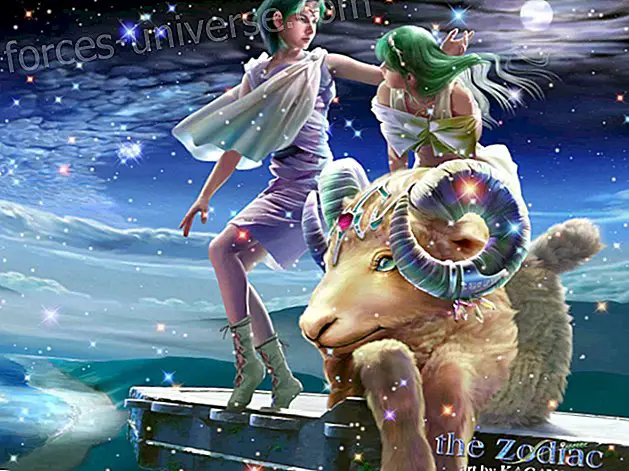Millions of Hindus worship cows, they worship and worship cows . Hinduism is a religion that elevates the state of the mother to the level of the goddess . Therefore, the cow is considered a sacred animal, since it offers us life by giving us milk. The cow looks like a mother figure, a caretaker of her people. The cow is a symbol of the divine generosity of the earth.
Lord Krishna, a Hindu deity is depicted playing his flute among the cows
Lord Krishna, one of the best known of the Hindu deities is often depicted playing his flute, between cows and dancing gopis (dairy). He grew up as a cowherd. Krishna is also known by the names of Govinda and Gopala, which literally means `` friend and protector of cows. '' It is considered highly conducive for a true devotee to feed a cow, even before having breakfast for oneself. .
Throughout the Vedic scriptures, there are verses that emphasize that the cow must be protected and cared for. It is considered a sin to kill a cow and eat its meat. Even today in India, there are many states in which the slaughter of cows is illegal . That is why cows can be found freely grazing throughout India, even along the busy streets of Delhi and Mumbai.

Ayurveda is a great defender of sattvics, the qualities of milk and dairy products. That is why most Hindus are vegetarians, but not vegans. Fresh organic milk, yogurt, buttermilk, paneer (homemade cheese) and butter, are all considered of high nutritional value, and is an important part of the diet.
Not only do these dairy products provide protein and calcium important to our tissues, but they are sources of ojas, which gives our body strength and immunity.
In addition to their milk, cows also provide many practical purposes, and are considered a true blessing for the rural community. On the farm, bulls are used to plow fields and as a means of transporting goods. Even Lord Shiva's trustworthy vehicle is Nandi the sacred bull.

Cow manure is stored and used as fuel, since it is rich in methane, and can generate heat and electricity . Many town houses are covered with a mixture of cow dung and mud, which insulates the walls and floors from extremely hot or cold temperatures.
Cow manure is also rich in minerals, and makes an excellent fertilizer. There is a large movement of organic farming in India to return to the old methods of using cow manure to remineralize depleted soil.
In a land as spiritual as India, one can find religious ceremonies that take place anytime, anywhere. The Spiritual Yagnas, are the ceremonies of fire to perform to thank the gods and receive their blessings. The cow even play a central role in these yagnas or Agnihotras fires.
Scientific research has found that the ritual of burning cow dung and butter as fuel for these sacred fires, actually purifies the air, and has anti-polluting and anti-radiation properties, qualities that benefit the environment.

Ayurveda understands that some physical and emotional health crises cannot be cured only by diet and herbs . They need the deepest and most subtle healing of this type of Vedic ceremonies and rituals to clear past karmas.
The sacred cows again offer their reward by providing the ingredients in the Panchamrit, or a blessed drink that is distributed after the ceremony . Panchamrit is translated as "sacred ambrosia" or "nectar of the gods" and consists of 5 elements: milk, yogurt, butter, honey and sugar. By drinking this sweet prasadam, one is impregnated with the divine energy created during the puja, and heals.
AUTHOR: JoT333, editor of the great family of hermandadblanca.org






